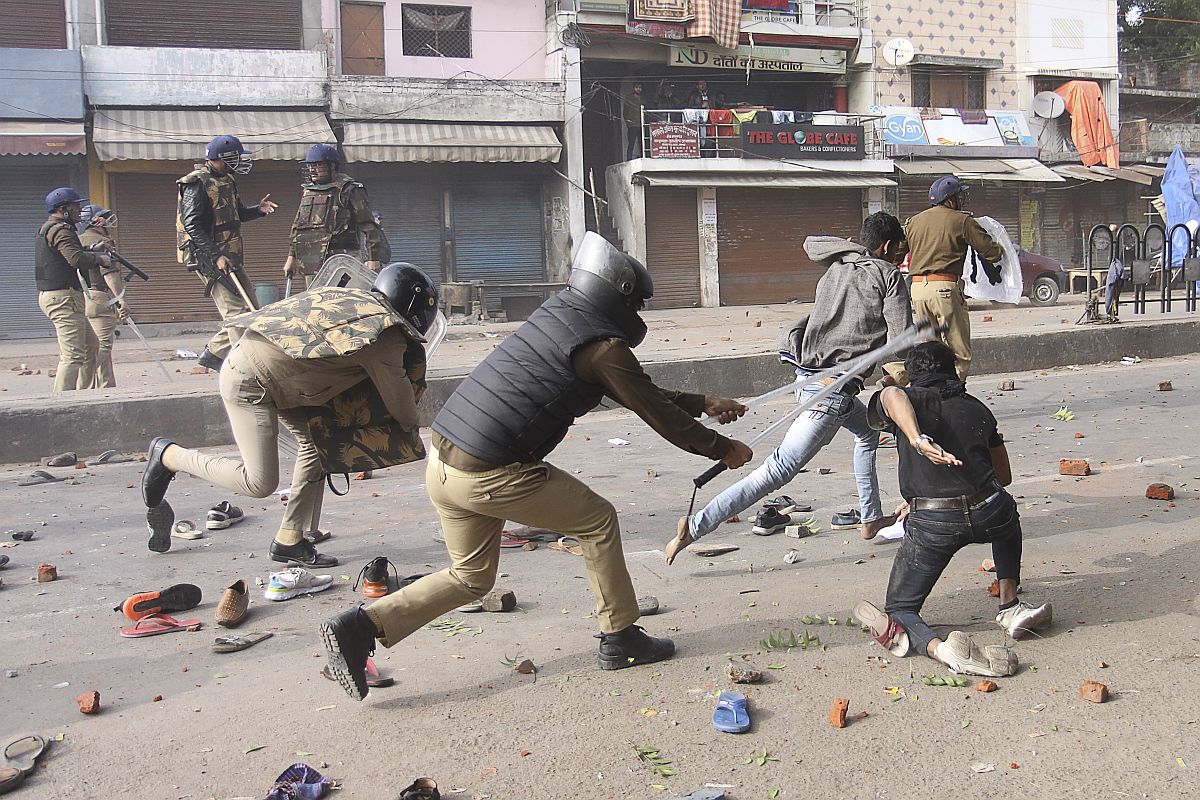As a virus wreaks havoc throughout the population, lockdown has kept those of us who are more fortunate in the comfort of our homes. It has rid us of the many distractions of work, school and life. We notice unemployment is on the rise, the police force being violent, injustice in our societies, governments being incompetent, and masses of people protesting. A lot is happening this year, making it difficult to keep track of things.
Many of us have been apathetic and only now becoming aware of the havoc being caused by the coronavirus in our lives. We are now also increasingly becoming aware of systemic injustices that have long festered in our societies. The injustice suffered by many and the demands for change and reform they make are made clear in our mildly inconvenienced lives.
Advertisement
Yet, rather than showing concern, or acting in outrage, many of us seem to be complacent in our cocoons. Many remain completely undisturbed even when images of police in riot gear breaking up protests, or of people scrambling to find livelihoods, stream into our living rooms. Populist governments are showing unconscionable lack of concern, without a semblance of empathy towards unfortunate citizens being treated as worse than subjects of feudal lords.
This alarming lack of empathy is rooted in society, and it appears to be growing as we get witness tragedy after tragedy. It is understandable if people want to take care of their own interests before spending energy on the concerns of others, especially during a pandemic. Even when we do try to empathize, we often grow tired of caring and forget about the reason we should be outraged in the first place.
We even become pessimistic about what is happening in the world, due to the lack of change. But it is very important to stick to the task of empathising with the fate of others in order to fulfill the moral standard we must hold society accountable to, especially when injustice occurs in real time. As members of society, nonaction in the face of suffering towards fellow human beings is nearly as immoral as the cause of that suffering.
There is reason enough for us to remedy our apathy by first trying to empathize. “I call him religious who understands the suffering of others”, said Mahatma Gandhi, acknowledging the difficulty and virtue of empathy. He was a man who moved hearts and minds of millions by addressing the pain of people, only by virtue of his ability to empathize, and to extract empathy from his oppressors.
Through empathy, he was able to bring forth change, revealing the influence and power of this virtue in upholding morality. By invoking empathy, he challenged the minds of the British to understand and see the suffering of the Indian people.
Philosopher David Hume’s famous words are: “the minds of men are mirrors to one another, not only because they reflect each other’s emotions, but also because those rays of passions, sentiments and opinions may be often reverberated and decay away by insensible degrees”, picturing how minds may be swayed through our ability to empathise. Hume saw the human capability to empathise as the main motivator of moral judgement and the glue that binds communities.
He uses the word sympathy in his works and defines it as the capacity to absorb the feelings and beliefs of other people, which is what we today term as empathy; a word first used in 1909 by Edward Bradford Titchener, a Cornell University psychologist, by translating the German word “Einfühlung”. Most human beings have the natural capacity to empathise with people like us in circumstance and in likeness.
It is easier to empathise with people we are close to than it is with people who are farther away, in the temporal and spatial sense. These varying degrees of empathy form our biases, creating unfairness in our moral judgements. People who have a secure income, and who are hardly affected by lockdown, would have a difficult time empathising with workers who bear the brunt of the government’s sudden decision to lock down the country.
Likewise, white Americans would find it difficult to empathise with BLM protestors demanding police reform, because they are less likely to suffer from the injustices of law enforcement in the United States. It would be even more difficult for individuals who have officers in the family, wherein the demand to defund the police would conflict with their own interests.
To avoid bias, and to broaden our range for compassion, one must first attempt to understand the feelings and concerns of the other as a “disinterested spectator”. To be “disinterested” does not mean being unsympathetic but rather it refers to the lack of self-interest. We must make the effort to collect and understand the thoughts, feelings and concerns of others, curbing our biases in order to make clear moral judgements.
Determining whether something is good or bad is almost second nature to us, but often we fail to the paint the full picture of a situation before passing judgement. Hence, becoming a “disinterested spectator” takes some effort and a good deal of imagination, but it is essential that it is done. This is the very first step in purging society of its injustices. We must first push ourselves to care and understand where victims of injustice are coming from.
From here, we must add a sense of benevolence to our judgements, we must become sympathetic, encourage the feeling of wanting to do good. We must move closer from the position of a “disinterested spectator” to an active participant in promoting good in society.
However, simply caring and being sympathetic, whilst not taking to action will not do. We must act against injustices, and speak up against wrongdoing, holding the societies we live in to be accountable for trespassing the ethics of empathy that binds us.
(The writer is a student of United World College, Pune)











